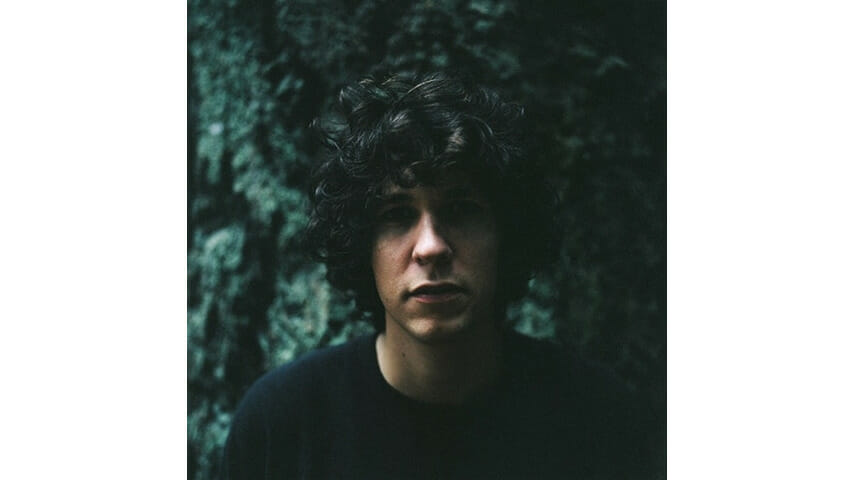Tobias Jesso Jr.: Goon

The story of Tobias Jesso Jr.’s rapid ascent in many ways began with the breakup of the band Girls and Jesso reaching out to producer Chet “JR” White in the aftermath of the split. But the storybook beginning, which included Jesso relocating from Vancouver to San Francisco, sleeping on White’s couch during recording, and inevitably collaborating with the likes of The Black Keys’ Patrick Carney and Ariel Rechtshaid as well, is only the background. Jesso’s debut, Goon, doesn’t need any of it to be impactful or important. What Jesso has delivered is a record that needs no context, that can exist outside of time and place. Jesso, in short, has crafted a masterpiece, with the only connection of real significance being between him and his audience.
-

-

-

-

-

-

-

-

-

-

-

-

-

-

-

-

-

-

-

-

-

-

-

-

-

-

-

-

-

-

-

-

-

-

-

-

-

-

-

-








































